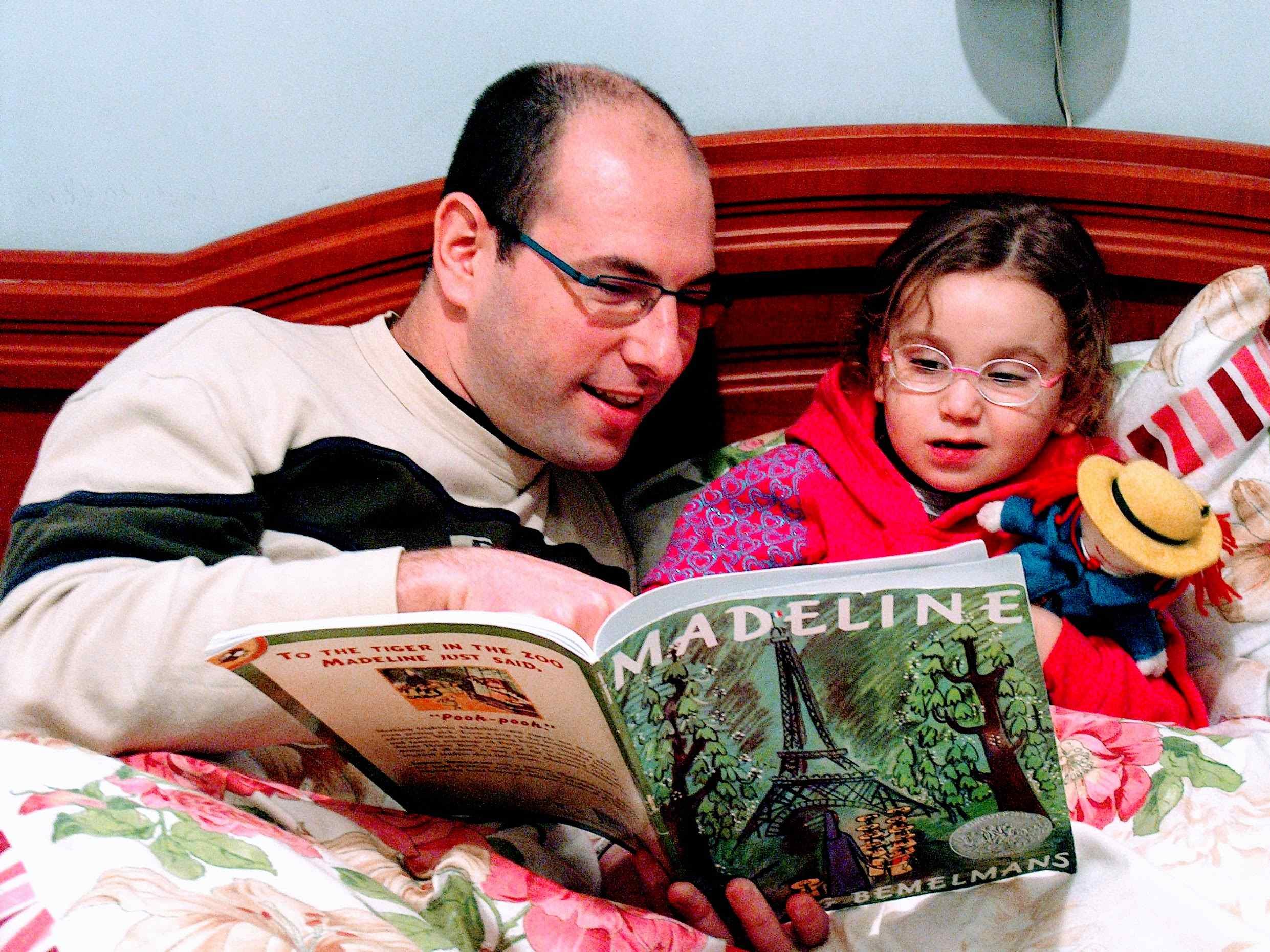A new research conducted at Cincinnati Children’s Hospital Medical Center is the first to show the relationship between early brain development and children abilities, using a screening tool that assesses preschoolers early literacy skills during clinic visits. The purpose of this assessment is to identify reading difficulties as early as possible, propose interventions, and empower parents to help their kids at home.
The method, called The Reading House, is based on a children's book developed by Dr. John S. Hutton, MD, MS, a pediatrician and clinical researcher in the Division of General and Community Pediatrics and Director of the Reading Literacy Discovery Center, and colleagues.
The screening takes only five minutes and is intended to be fun and efficient; it measures the performance of kids aged 3-4 and 4-5, and can be used in primary care and preschool settings. It gauges core skills generally emerging in the preschool age range, such as alphabet, vocabulary, rhyming, and print concepts (the functionality of books).
According to Dr. Hutton, “While developmental screening is a mainstay of pediatric practice, there is no established standard to assess reading readiness and identify children at-risk early. As a result, many children arrive at kindergarten unprepared to learn to read, especially from minority and economically impoverished backgrounds – estimated at over 50% of children from impoverished backgrounds in the U.S. and over 25% overall.”

Picture: Bedtime story - Madeline (Wikimedia Commons, w/Effects)

